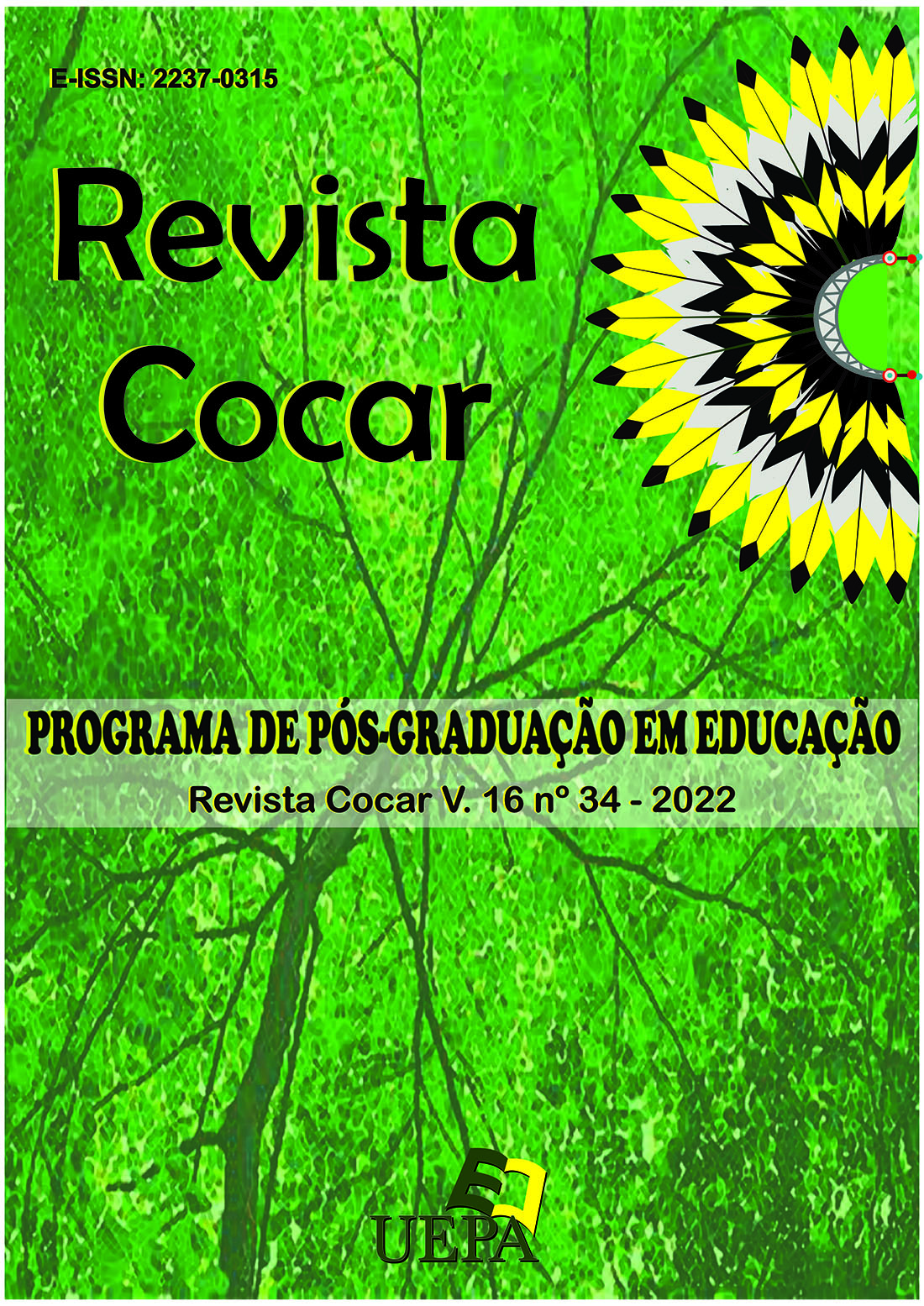Unidades de Conservação e práticas educativas: tendências em estudos brasileiros
Conservation Units and educational practices: trends in Brazilian studies
Resumo
Esta pesquisa objetiva investigar estudos brasileiros que abordam as Unidades de Conservação (UC) como espaços de práticas educativas na Educação Básica. Para isso, realizou-se estudo qualitativo, de cunho exploratório e descritivo, em formato de revisão sistemática na Biblioteca Digital Brasileira de Teses e Dissertações. O corpus documental constituiu-se de 14 publicações analisadas com base em descritores gerais e específicos. Nordeste e Sudeste correspondem às regiões que mais investigam em nível stricto sensu essa temática. A pesquisa qualitativa e a técnica da entrevista com docentes da Educação Básica tem sido predominante nessa área de produção. A educação ambiental permeou a maioria dos trabalhos. Os resultados contribuem para o maior incentivo de estudos que evidenciem as potencialidades das UC como espaços de educação não formal e divulguem a importância dessas áreas.
Palavras-chave: Educação não formal; Educação ambiental; Áreas protegidas.
Abstract
This research aims to investigate Brazilian studies that approach the Conservation Units (UC) as spaces for educational practices in Basic Education. We conducted a qualitative, exploratory and descriptive study, in the format of a systematic review in the Brazilian Digital Library of Theses and Dissertations. The documentary corpus consisted of 14 publications analyzed based on general and specific descriptors. The Northeast and Southeast regions are the ones that more investigate the subject matter at the stricto sensu level. Qualitative research and the technique of interviewing Basic Education teachers has been prevalent in this production. Environmental education permeates most of the studies. These results contribute to a greater incentive for studies that highlight the potential of CU as spaces for non-formal education and publicize the importance of these areas.
Key words: Non-formal education; Environmental education; Protected areas.
Downloads
Downloads
Publicado
Métricas
Visualizações do artigo: 357 pdf downloads: 220
Como Citar
Edição
Seção
Licença
O envio de qualquer colaboração implica automaticamente a cessão integral dos direitos autorais à Revista Cocar. A Revista não se obriga a devolver os originais das colaborações enviadas.Deprecated: json_decode(): Passing null to parameter #1 ($json) of type string is deprecated in /var/www/html/periodicos/plugins/generic/citations/CitationsPlugin.inc.php on line 49























